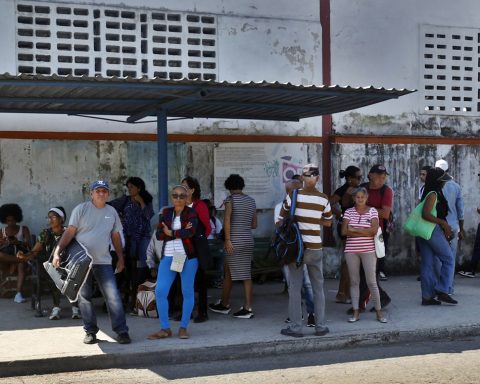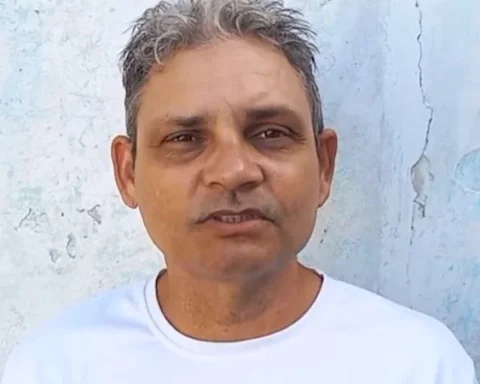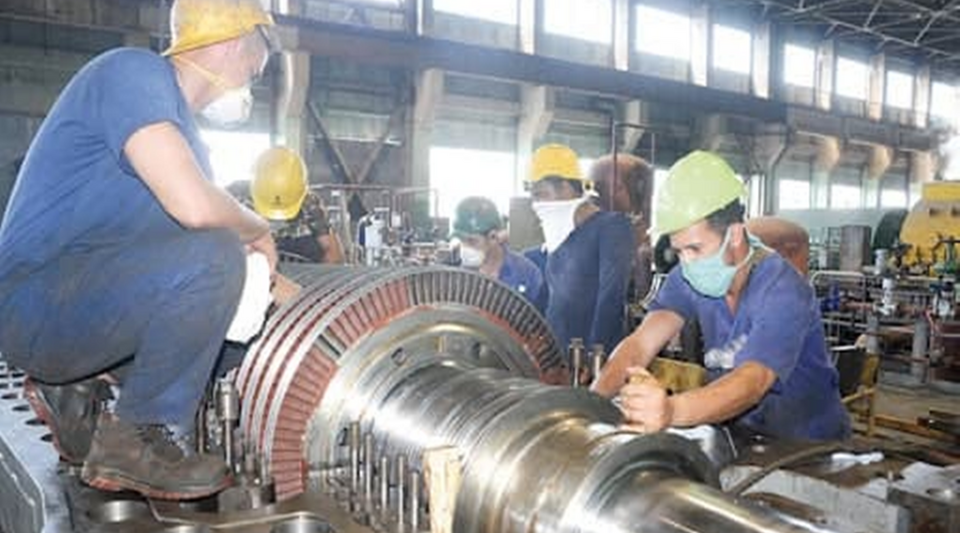The ministers of Foreign Affairs and Defense of the European Union (EU) will meet this Monday to evaluate the possible application of new sanctions to Russia, as part of their position before the special military operation deployed in Ukraine.
The Council meeting aims to continue closing the economic siege on Russia to try to suffocate its economy, as well as provide more financial support to Ukraine to use it to purchase war material.
In this sense, the bloc plans to specify the allocation of another 500 million euros under this concept, which would be added to a similar amount already granted from the European Peace Support Fund, which is outside the community budget.
On the other hand, the so-called strategic compass will also be discussed, under whose implementation political guidelines are established for the next ten years in the bloc in terms of defense and security.
This also contemplates the formation of a modular rapid intervention force of up to 5,000 soldiers, an aspect that could be modified according to the current situation in the east; to which military mobility and investment in defense will be added as no less important issues.
In the same way, the holders of the EU’s agriculture portfolios will come together in search of measures and alternatives that allow them to overcome the consequences of the war in the food field; one in which the conflict has left the greatest impact given the condition of Ukraine as a solid exporter of cereals and oilseeds such as wheat, corn or sunflower.
In this sense, it is expected that this Wednesday a communication on food security will be issued with short, medium and long-term decisions.
Since the start of the Russian special military operation in Ukraine, the European Union has imposed 877 individual sanctions on Russian officials and businessmen, in addition to another 62 on financial and other entities.
To which is added the fact that the United States also plans to increase sanctions against Russia in various sectors of the economy, according to the White House’s senior adviser, Daldeep Singh.
Who noted that Washington is willing to “extend sanctions against Russia targeting more banks and sectors that have not been affected so far.”
According to the Castellum.AI database, Russia is now the country hardest hit by sanctions, ahead of Iran, Syria and North Korea. Since mid-February, more than 4,300 new restrictive measures have been activated in relation to Russia, in addition to more than 2,750 that were already in force.















